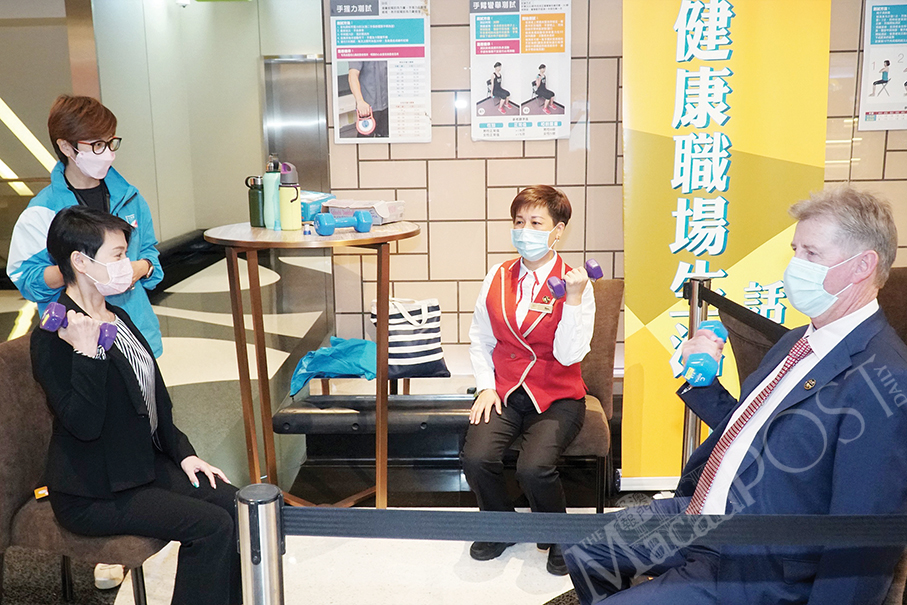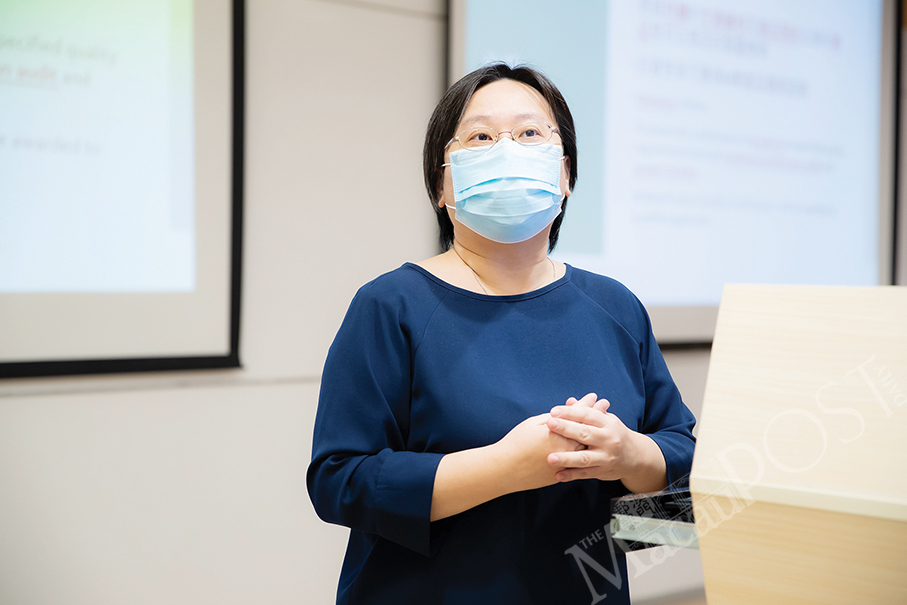Editorial
President Xi Jinping’s successful trip last week reaffirmed my long-held belief that statesmanship reveals itself particularly in the face of great difficulties.
US political scientist Werner J. Dannhauser (1929-2014) wrote that “difficulty is the very essence of statesmanship” and that “a statesman’s vocation necessarily involves the surmounting of obstacles.”
Through his in-person participation in the 17th Group of 20 (G20) Summit and 29th Asia-Pacific Economic Cooperation (APEC) Economic Leaders’ Meeting in Bali and Bangkok, respectively, Xi has shown his mettle as a statesman on the global stage.
There are various ways to describe the qualities that a statesman should have. I think one of them is vision and the other is realism. Hans J. Morgenthau (1904-1980), who penned the seminal Politics Among Nations, said that true statesmen see things realistically, i.e., as they really are.
Xi’s six-day trip started – I am quoting Xinhua – with a “candid, in-depth exchange of views” with US President Joe Biden on bilateral ties and major global issues.
During the three-hour meeting Xi pointed out, according to Xinhua, that the world is at a “major inflection point in history,” as countries need to both tackle unprecedented challenges and seize unprecedented opportunities, adding that this was the larger context in which the two sides should view and handle China-US relations.
Xi also said that China-US relations “should not be a zero-sum game where one side outcompetes or thrives at the expense of the other.”
The point is, of course, that China-US ties are the world’s most important bilateral relationship. There is no way around it, and that’s why it is in the interests of all the other nations that the relationship between Beijing and Washington be brought back onto the track of sound and stable development.
Crucially, Biden was quoted by Xinhua as saying that the US respects China’s political system, does not seek a new Cold War, does not intend to engage in conflict with China, does not support “Taiwan independence”, and has no intention to seek “decoupling” from China.
The meeting showed the significance of in-person meetings between state leaders even in the digital age of “virtual” encounters. As I wrote in my previous editorial, face-to-face meetings across the table are irreplaceable to sort out global issues. Politics is a highly personal matter.
I guess the meeting also benefited from the fact that the results of the midterms in the US were much more easily digestible for Biden than widely predicted. Any world leader affected by political digestion problems at home can be expected to be less at ease when conducting international talks.
What we can gather from international media reports is that the Xi-Biden meeting went off quite well, which was good news for the rest of the world.
Xi even had a brief exchange of views with US Vice President Kamala Harris on the sidelines of this year’s APEC meeting in the Thai capital on Saturday. According to Xinhua, in his meeting with Harris, Xi described his talks with Biden five days earlier as “strategic and constructive”, adding that his meeting with Biden “carries important significance in China-US relations going forward.”
Glad tidings, indeed.
Of course, during his stay in Bali, Xi also met with a fairly large number of other world leaders, such as French President Emmanuel Macron, Australian Prime Minister Anthony Albanese, Argentine President Alberto Fernández and South Korean President Yoon Suk-yeol, as well as Senegalese President Macky Sall and South African President Cyril Ramaphosa, among others.
I make a point of singling out the two African state leaders because Xi announced at the start of the G20 summit that China supports the 55-nation African Union (AU) representing 1.4 billion people to join the Group of 20. I think it is the right way forward. The 27-member European Union, which has 447 million inhabitants, is a G20 member. AU membership of the Group of 20 makes political and economic sense. Currently, the AU is merely a “permanent guest invitee” such as Spain and the little-known Financial Stability Board (FSB) based in Basel.
Addressing the G20 summit, Xi also underscored the need to make global development more inclusive and noted that “everyone is having a hard time, but developing countries are bearing the brunt.” Of course, they are, unfortunately.
On the sidelines of the G20 summit, Xi even found time to give Canadian Justice Trudeau some candid – and globally televised – advice on diplomatic protocol concerning closed-door meetings between state leaders. The brief encounter ended with a handshake.
In a written statement to the APEC CEO Summit in Bangkok, Xi pledged that China remains committed to promoting the building of an Asia-Pacific community with a shared future.
During Xi’s visit to Thailand, both countries agreed to build a China-Thailand community with a shared future for enhanced stability, prosperity and sustainability, according to a joint statement on Saturday.
Both sides also said in the statement that “the construction of the China-Thailand high-speed railway and connecting it with the China-Laos Railway to form an artery running through the Indo-China Peninsula will further facilitate the flow of people and logistics, promote economic and trade development and achieve common prosperity.”
This shows, once more, that China has grown, in almost no time, into a “railway world power”, a process that began back in the 1970s with China’s involvement in the celebrated TAZARA Railway between Tanzania’s port of Dar es Salaam and the Zambian town of Kapiri Mposhi.
And during his stay in Bali, Xi and his Indonesian counterpart Joko Widodo watched together via video link the operational trial run of the Jakarta-Bandung High-Speed Railway in Java, an Indonesian-Chinese joint venture project.
China’s high-speed railway projects at home and overseas are one of the world’s greatest examples of infrastructure development benefiting the developing world in particular.
Meanwhile, Xi indicated in Bangkok on Friday that China might host the first Belt and Road (B&R) Forum since 2019, i.e., after the outbreak of the COVID-19 pandemic in early 2020, as it set to adjust its dynamic zero-COVID-19 policies.
“Next year, China will consider hosting the 3rd Belt and Road Forum for International Cooperation, injecting new impetus into the development and prosperity of the Asia-Pacific and the world,” Xi told Thai Prime Minister Prayuth Chan-o-cha during the APEC summit, according to the South China Morning Post.
I would expect Hong Kong and Macau to participate in the forum.
The Bangkok Post, one of my favourite newspapers, headlined on its front page yesterday that Xi’s Thai visit, which ended on Saturday, “yields positive dialogue”.
Thailand’s top English-language newspaper quoted a source as saying that Xi has invited the Thai premier “to visit and see for himself how China has brought wealth to the masses and improved their lives.”
No doubt, China’s poverty alleviation drive has become a shining example for the developing world.
– Harald Brüning









